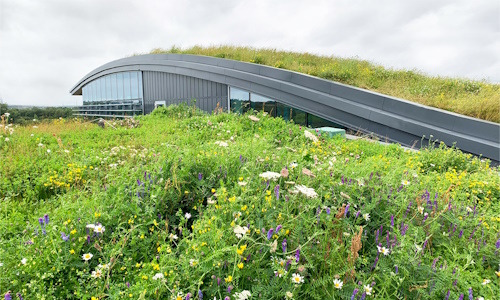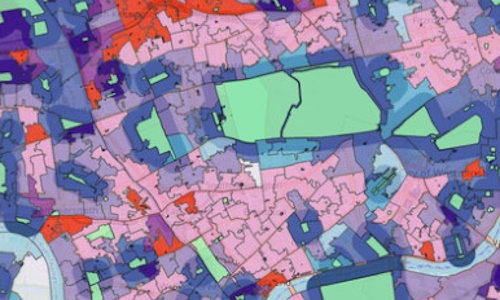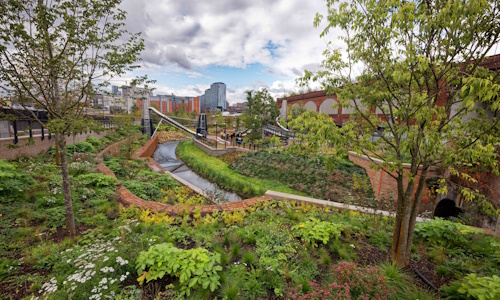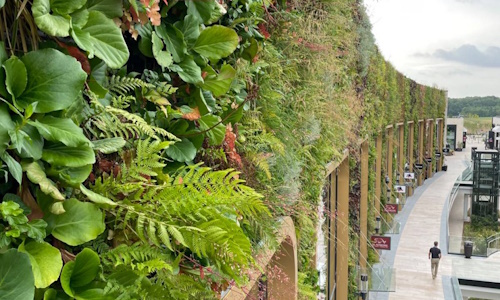Discover how connected your community is to nature
Our Green Infrastructure Mapping Portal V2.2 delivers improvements to habitat mapping across England, revealing how well communities are connected to greenspace. Read more in the Natural England Blog.
Green Infrastructure Framework Standards





